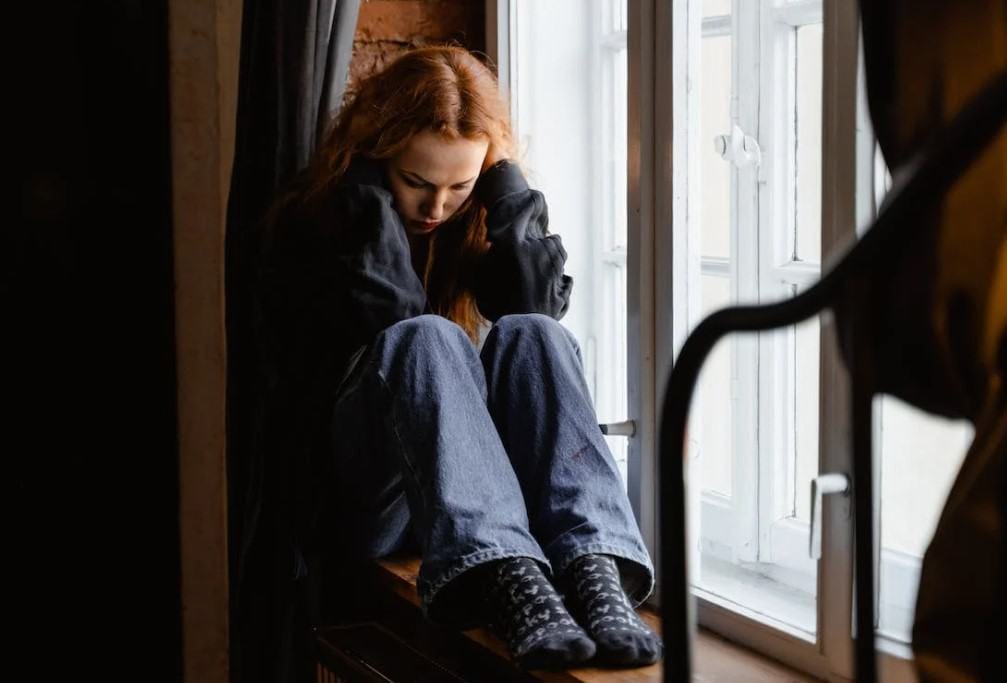Teenage depression and anxiety has doubled over the past few years. How do you know if your teen is depressed?
American Psychological Association says that teens currently report worse mental health and higher levels of anxiety and depression than all other age groups—including adults.

Many experts point to the rise in social media, cell-phone and technology obsession, teens are not only feeling pressured to keep up with their peers digitally, it has created a higher level of stress and anxiety for them.
Many teens and kids have hopes and aspirations for their future, maybe college, or even the simpler things such as a family gathering — yet they are emotionally overwhelmed. These are good kids; they have goals and dreams but suddenly are feeling distressed and lonely. Teen depression is a serious concern that parents need to be aware of the warning signs.
9 Signs of Teen Depression
How do you know if your teen is depressed? Here are 9 signs to be aware of:
1. Sadness: If your teen seems persistently sad or down for most of the day, nearly every day, this could be a sign.
2. Loss of interest: A noticeable loss of interest in activities they once enjoyed is a red flag.
3. Changes in sleep patterns: Watch for drastic changes in sleep patterns, like insomnia or excessive sleeping.
4. Irritability: Unexplained irritability or anger, even over small matters, is a potential indicator.
5. Appetite changes: Significant changes in appetite, leading to weight loss or gain, may be a sign.
6. Fatigue: Constant fatigue and lack of energy, despite enough rest, could indicate depression.
7. Social withdrawal: If your teenager isolates themselves from friends and family, it’s a concern.
8. Poor concentration: Struggling with focus, memory, or decision-making can be linked to depression.
9. Self-harm or suicidal thoughts: These are severe signs that should never be ignored.
Teen boys and girls may exhibit emotions differently.
For boys: Boys may exhibit more anger, irritability, or aggression, and they are at an increased risk of engaging in risky behavior or substance abuse.
For girls: Girls may display more sadness, feelings of guilt, and worthlessness. They could also have changes in eating habits like overeating.
When should you seek help for your depressed teenager?
If the signs of depression last for more than two weeks and interfere significantly with daily life, it is likely time to reach out to a professional.
If there’s a family history of depression or other mental health issues, be vigilant and proactive.
Finding an adolescent therapist is your first step, although some troubled teens will refuse therapy or counseling, it’s important to be diligent in getting them help.
When parents reach their wit’s end in trying to get their teenager local help, and you recognize they are sinking into a deeper depression and darkness, it might be time to consider residential therapy.
Behavioral boarding schools that offer therapy and emotional growth, can be the answer. Learn why therapeutic boarding schools can help when home therapy doesn’t.
Also read:
Can a Life Coach Help My Troubled Teen?
5 Benefits of Therapeutic Boarding School
References: BoldSky






